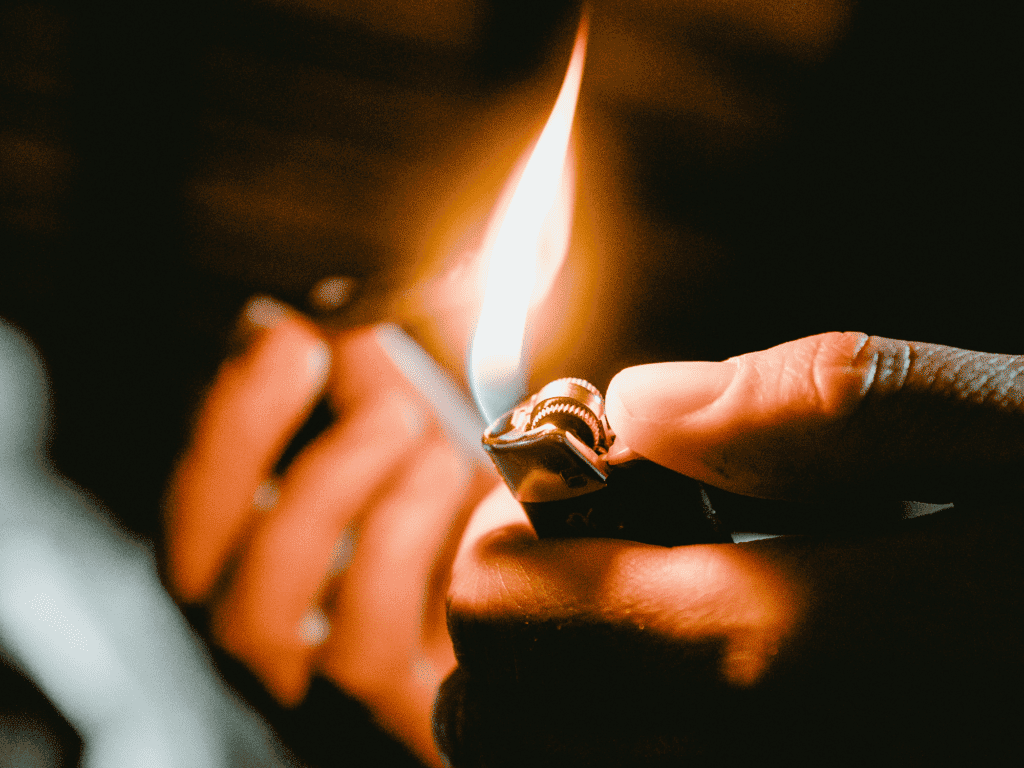It was determined that Michael Brown, the African-American teenager shot dead by a Caucasian police officer in Ferguson, Missouri, had marijuana in his system at the time of his death back on August 9th.
His death has sparked outrage amongst citizens all over the country and especially in Ferguson – so much so that riots have broken out, people have been arrested, and cops have been on 24/7 watch. Not only has Brown’s death put the conversation about black vs. white back on the table in America, but it has also given stage to the talk about marijuana usage in the country.
Since the beginning of 2014, marijuana (and those who use it) is having a much different year than ever before. Now, marijuana is decriminalized in numerous states, allowing people to carry certain amounts on their person at any given time. It has also been legalized in places such as Washington State and Colorado, where “pot shops” have been booming with business as lines of people wrap around the block waiting to get their share of legal marijuana.
As a result, these past eight months have worked in favor of marijuana in the sense that the negative stigma that was once surrounding its use is slowly but surely deteriorating. Now, as the case of Michael Brown makes its way to the forefront, we are forced to wonder if marijuana truly is “safer” than most drugs.
No matter how you slice it, marijuana is (and always will be) a mind-altering drug. According to the National Institute on Drug Abuse, the use of marijuana can produce the following psychological effects:
- Impairs short-term memory
- Impairs attention span and judgment
- Impairs coordination
- Can lead to psychotic episodes
- Can increase risk of anxiety and/or depression
The continued and/or casual use of marijuana can cause a user to put himself or herself in dangerous situations that they otherwise might not have if they were not under the influence. While it cannot be determined if the marijuana that was in Michael Brown’s system played any factor in his untimely death, it is important to understand that marijuana, regardless of how little is in the body, can produce these psychological effects that can lead to further consequences.
No reports have shown that the marijuana that was present in Brown’s system had anything to do with the shooting, however since his drug test was made public, protestors have made demands that the officer who shot Brown also be tested for drugs.
Related Articles:
Author
-

President, CEO & Founder at Northbound Treatment Network
Paul Alexander is the CEO, President & Founder of Northbound Treatment Network in Newport Beach, California. He believes wholeheartedly in transformational leadership, organizational health and effective, fully integrated substance use disorder and mental health treatment. With over 27 years of experience in behavioral healthcare, Paul has extensive knowledge of “in vivo” treatment modalities, clinical development, operations, strategy, marketing and financial planning. He has been widely recognized for his development of collegiate-based residential treatment programs for students in recovery and authored a research study at The University of California confirming this modality’s effectiveness.
Paul’s comprehensive professional experience, willingness to innovate, and emphasis on organizational health are vital factors in Northbound’s continued success. Paul received his Certified Addiction Treatment Specialist training at Saddleback College in Mission Viejo, CA, and was awarded Outstanding Alumni Service Award in 2002. Paul holds a Bachelor of Arts degree in Criminology, Law and Society, Summa Cum Laude, from University of California, Irvine, and a Juris Doctorate degree from Loyola Law School of Los Angeles. Paul currently serves on The National Association of Addiction Treatment Providers (NAATP) board. In addition, he serves on The Family Recovery Foundation board and The CarePossible board in Orange County; both organizations are committed to raising funds for family recovery and treatment for former military personnel. Paul is in recovery himself and lives in Orange County with his wife Silvana and his two young sons, Noah and Dean.







